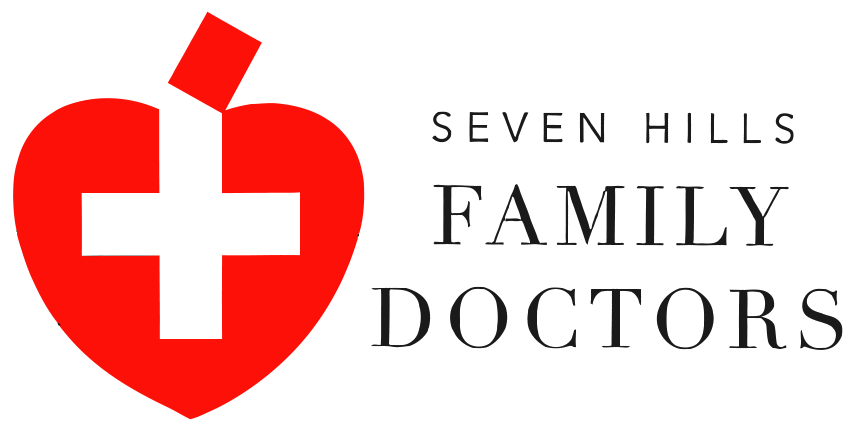MND and Me: A Long Road to help
I brought flowers and hugs: faced with the Goliath of Motor Neurone Disease, I felt like David without a sling shot. She managed a frail smile and a whispery thank you. I helped the nurse transfer her into a specialised maxi taxi for an outing.
Seeing my mate’s Mum suffer with MND revealed again the relentless nature of this disease. It demands evermore specialised equipment, nursing care and support. Having it affect someone close emphasised a strange symmetry: one of the first patients I cared for as an intern at the PA Hospital died from MND. In those early days of my career there was at first some diagnostic uncertainty: an unusual area of numbness, a flicker in a muscle, then the weakness began.
There was no magic test or treatment. This was a diagnosis based on the patient’s clinical symptoms and signs, what she felt and said. It was relentless, and as I daily witnessed her decline in hospital, I also observed her visiting children and extended family tear themselves apart.
And now it had Megan. Not only had I shared some of the highlights of my life with her son through Medicine, she had helped my Mum with her breast cancer diagnosis years prior.
“It’ll be the worst 12 months of your life,” she said. “But you’ll get through it. Write it off. It’ll be behind you.” Given the fact she herself had suffered with breast cancer, and survived, she really helped my mum. But this time, with this diagnosis, we would not overcome.
All illness is awful but the striking impact of conditions like MND is the huge demand of nursing care and support resources. Specialised beds, mobility assistance, personal carers – the cost and needs compound with every loss of function. What can we do?
I am not a great believer in charity cycling events and “raising awareness”. Every Glenn McGrath Pink Test Match makes my Mum nauseous with memories. They do great work and we commend them, but, she is aware enough.
As for cycling, I had given up many years ago as it is an unacceptably risky activity for anyone with dependent children. Having been on both sides: in the saddle and behind the wheel, I’ve seen very poor behaviour from both.
But I am riding shoulder to shoulder with my mate from Med School in the Pies to Pacific Ride for MND and Me this year. I’m doing it to remember, but also to try to help families care for their loved ones. From the bare practicalities of affording the right bed to, maybe, some treatment, a prevention, maybe one day some sort of cure.
It’s over 150kms – not huge at all for athletes and weekend warriors of today but for me, I don’t usually travel this far for a holiday. I’d really appreciate your help. You can donate via the Pies to Pacific MnD Ride 2020 website and no contribution is too small and any support you can offer is greatly appreciated. Even if you can’t afford a financial contribution, I’d appreciate your thoughts and best wishes for my journey – I’ll let you know how it goes.
Brief background on MND:
What is Motor Neurone Disease?
You have nerves in your brain and spinal cord that control how your muscles work. These are called motor neurones. MND is a disease that affects the motor neurones. With MND, motor neurones gradually stop telling your muscles how to move. When muscles no longer move, they become weak, which can also lead to stiffness and loss of muscle mass (wasting). MND is a life-shortening illness that can affect how you walk, talk, eat, drink and breathe. This is usually different for each individual. You may not get all of the symptoms and there is no set order in which they happen. The disease will progress, which means symptoms will get worse over time. For some people this can be rapid, for others it is slower. There is currently no cure for MND.
Blog by Dr Michael Clem

